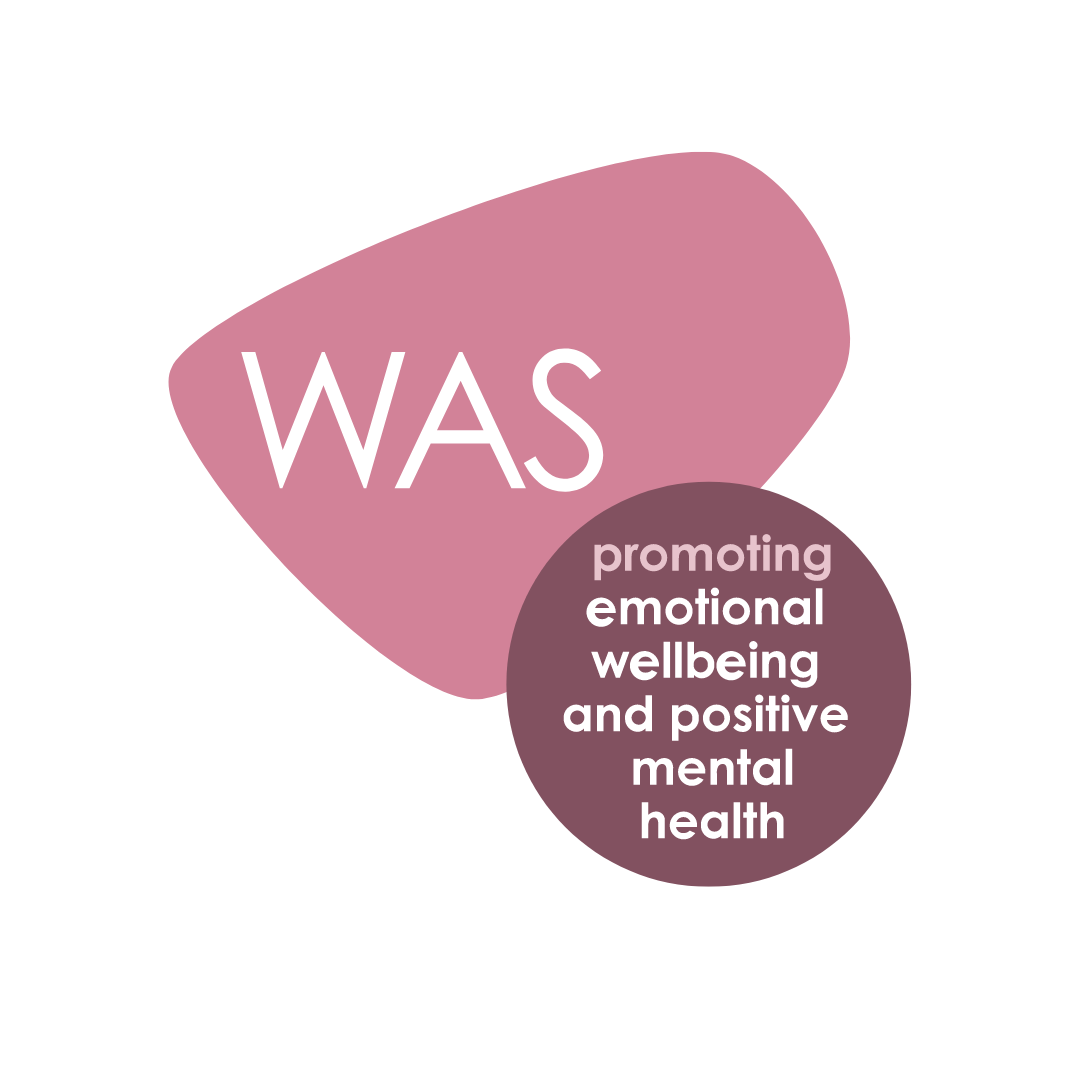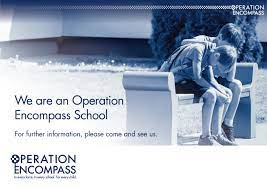The Damaging Effects of Snow-Plough Parenting and How Schools Can Mitigate the Trend

One night recently, as the grit from a battle hardened Northumbrian snow-plough clattered off my windscreen, my mind turned to a relatively recent phenomenon - I pondered the rise of snow-plough parenting.
Or, as they call it in Scandinavia, curling parenting. While this was widely recognised in the late 2010s, its roots trace back to earlier ideas about overprotective parenting. The term was popularised following an article in The New York Times in 2019, which described how some parents actively "plough away" all obstacles in their children’s paths to ensure success, often at the cost of the child’s independence and resilience. However, anecdotally, and within my own orbit, this trend has gathered pace since the pandemic and is perhaps a symptom of the anxiety experienced by some families at that point in time. Certainly, it is my belief that the pandemic was a catalytic element of the first order with respect to developing parenting styles.
Why is this happening?
Families are now parenting in an age of anxiety, fuelled by the pandemic and moulded by doom-laded media, which inhabits every crevice of some people’s lives. We’re continually shown the risks of the modern world, when in reality our children have never been safer. Additionally, the role of technology now means it is much easier to track and monitor your children and to fire off emails in response to an immediate issue. Social media also makes comparisons more readily available and many fall into the trap of online, competitive parenting, and they feel the need to ensure success at whatever cost. Parenting norms have undeniably shifted in recent years, with hands off parenting becoming less fashionable and the rise in delayed adulthood has seen many staying at home for longer. These factors combine to create an environment where snow-plough parenting becomes more common, often at the expense of children's independence and resilience.
The Impact?
Snow-plough parenting often leads to significant developmental challenges for children. By clearing too many age-appropriate obstacles, parents unintentionally deprive their children of opportunities to build essential life skills such as problem-solving, resilience, and independence. When children are shielded from ‘typical’ types of expected failure, they do not develop the ability to bounce back and adapt to challenges - we cannot do this for them. Interestingly, as Daniel R. Stalder Ph.D. pointed out, this should not be used to criticise parents for shielding children from untypical failure, and that there are many ways to learn besides failure. Nevertheless, excessive and unwarranted shielding can lead to an inability to cope with setbacks in later life. Counter productively, the snow-plough parent actually may create a more anxious child. Overprotected children often feel pressure to meet high expectations without the necessary tools to handle failure, leading to heightened stress and anxiety. Ultimately, by not experiencing the natural consequences of their actions, some young people will struggle to make sensible, autonomous decisions, and they may grow up overly reliant on their parents, lacking confidence in their own abilities to navigate adulthood.
What can schools do?
Schools are uniquely positioned to counteract the effects of snow-plough parenting and encourage healthier developmental practices. We can promote independence in our schools, but not just in the classroom. We can build it into clubs, activities, sports, playtime and boarding houses . Schools should design curricula and co-curricula that encourage independent thinking and problem-solving. Project-based learning, where students must collaborate and navigate challenges without constant guidance, can foster self-reliance. We can educate our parents. Hosting workshops or seminars on the importance of resilience and the risks of overparenting can help parents recognise the long-term impact of their actions. Additionally, teachers can create opportunities for students to tackle tasks that require effort and perseverance - on a weekly basis I marvel at the patience shown by the pupils in my own Warhammer Club. By normalising struggle and celebrating effort over perfection, schools can help students embrace challenges. This is where the rich co-curricular life of a school is critical. Perhaps the most difficult aspect for schools to manage effectively, whilst maintaining effective partnerships, is that of defining parental boundaries in school involvement. Easier said than done, but schools need to establish clear boundaries for parental involvement in day-to-day matters, encouraging them to trust the school's processes and allow their children to experience challenges. This only comes from a regular and honest dialogue between all aspects of the triumvirate of school, pupil, parent.
While the intentions behind snow-plough parenting are rooted in love and care, its consequences can hinder a child's ability to grow into a resilient, independent adult. Schools have a crucial role in balancing this trend by fostering environments where students are encouraged to take risks, embrace challenges, and learn from developmentally appropriate failures. By working collaboratively with parents, schools can help children develop the confidence and skills they need to navigate life’s complexities, ensuring they thrive both inside and outside the classroom.
As we look forward to the warming spring sunshine, two final, memorable phrases, which I picked up while reading around this matter, to ponder: ‘don’t steal the struggle’ and ‘prepare the child for the path, not the path for the child’.
James Hadfield
Deputy Head, Mowden Hall School









